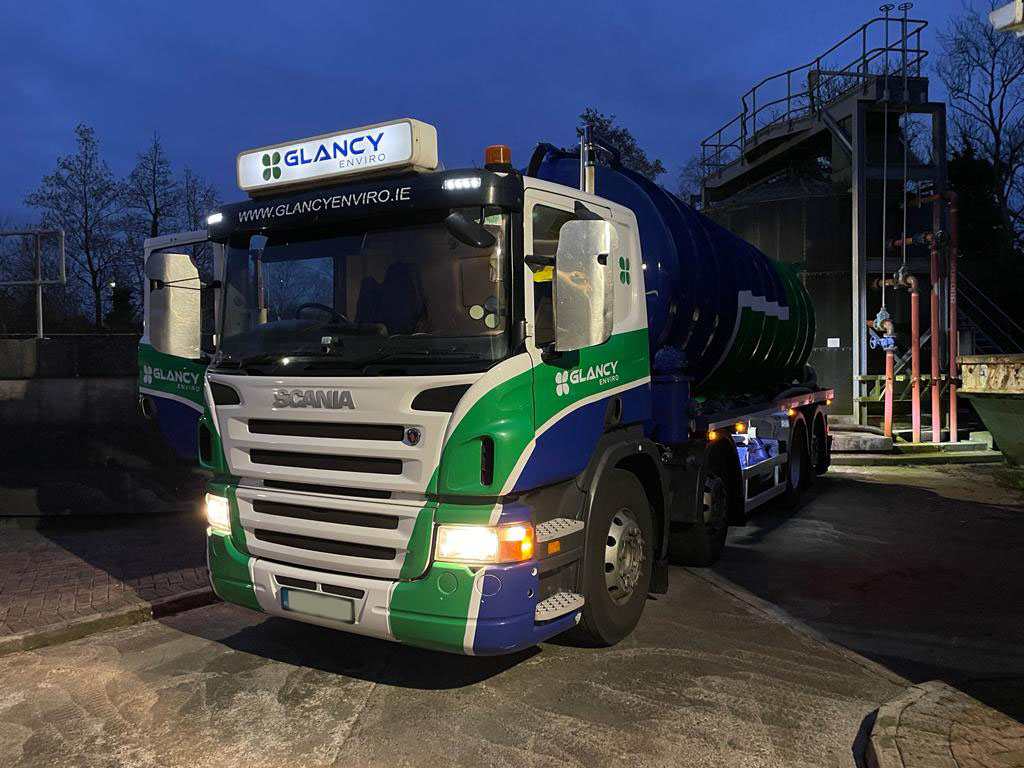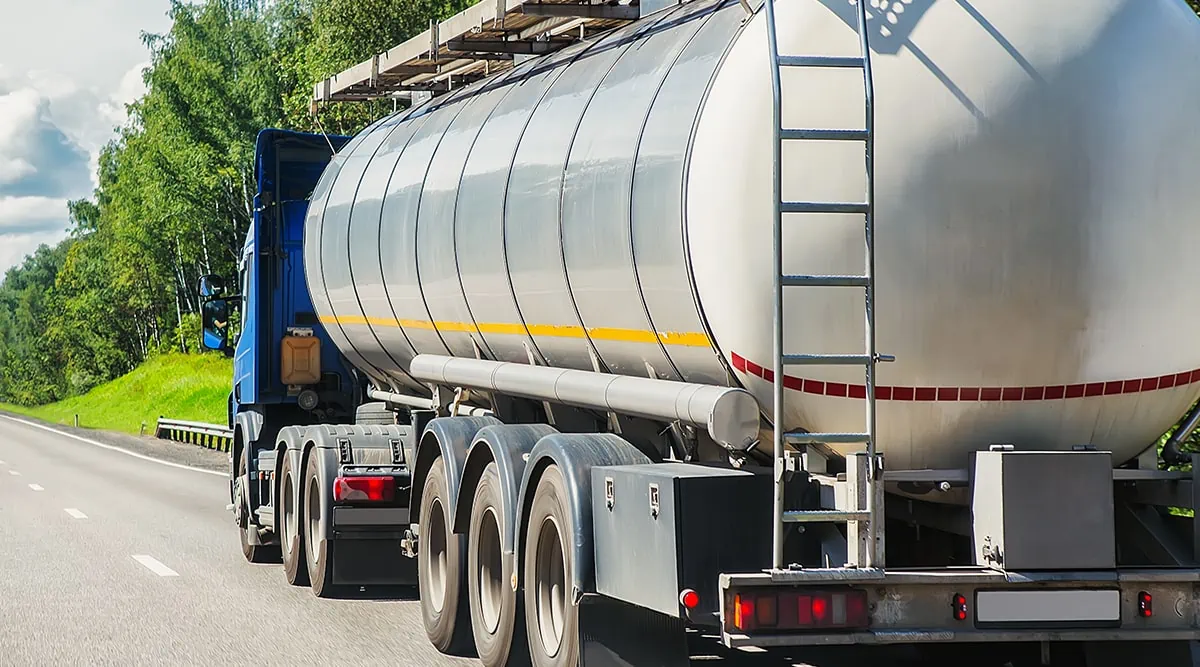Examine This Report on Reclaim Waste
Examine This Report on Reclaim Waste
Blog Article
The Facts About Reclaim Waste Uncovered
Table of ContentsHow Reclaim Waste can Save You Time, Stress, and Money.Things about Reclaim WasteThe Of Reclaim WasteThe Best Strategy To Use For Reclaim WasteReclaim Waste - An Overview
Explore the kinds, incidents, and types of liquid waste. Domestic sewage waste refers to the waste and items from a residential septic storage tank. This kind of waste is produced by people in residences, institutions, and various other structures. This only consists of septic containers that have a drainpipe area. The proper monitoring and disposal of residential sewer waste require fluid waste to be transferred to a sewer treatment plant where the proper approaches and devices are put on detoxify and deal with waste.
Industrial waste frequently consists of potential threats, such as combustible products or a combination of liquid and solid waste items, and requires an extra advanced and in-depth disposal procedure. The disposal of industrial waste typically includes the purification of waste before transport to make certain risk-free and appropriate disposal. Industrial waste is produced from byproducts and drainage of industrial processes and manufacturing.
This sort of waste can not utilize the exact same sewer management transportation or procedures as septic or business fluids. The industrial waste administration procedure needs the examination and testing of liquid waste prior to it undertakes the disposal procedure (liquid waste removal). Drainage waste is the fluid waste that comes from runoff and excess stormwater in highly inhabited areas or cities
Runoff waste can cause contamination and flooding otherwise dealt with correctly. Learn much more about sewer cleansing and waste monitoring. Ensuring correct waste monitoring can protect against calamities and lower ecological harm. Both individuals in domestic settings and specialists in industrial or production markets can take advantage of recognizing the procedures and laws of fluid waste monitoring.
The 20-Second Trick For Reclaim Waste
Get in touch with PROS Providers today to discover our waste management and disposal services and the correct ways to take care of the liquid waste you generate.
(https://www.huntingnet.com/forum/members/reclaimwaste1.html)This so-called 'wastewater' is not just a crucial resource however, after treatment, will certainly be launched to our land, waterways or the ocean. Utilized water from toilets, showers, bathrooms, kitchen area sinks, washings and commercial procedures is known as wastewater.

water utilized to cool machinery or clean plant and tools). Stormwater, a type of wastewater, is overflow that flows from agricultural and city locations such as roofings, parks, gardens, roadways, courses and rain gutters right into stormwater drains, after rainfall. Stormwater moves unattended directly to regional creeks or rivers, eventually reaching the sea.
What Does Reclaim Waste Mean?
In Queensland, many wastewater is treated at sewer treatment plants. Wastewater is delivered from domestic or industrial sites via a system of sewage systems and pump stations, known as sewerage reticulation, to a sewage therapy plant.
The Division of Natural Resources recommends city governments regarding handling, operating and keeping sewerage systems and treatment plants. In unsewered locations, city governments may need homeowners to mount specific or family sewage treatment systems to deal with domestic wastewater from commodes, kitchens, washrooms and washings. The Division of Natural Resources authorizes making use of household systems when they are proven to be reliable.
A lot of stormwater receives no therapy. In some new subdivisions, therapy of some stormwater to eliminate litter, sand and gravel has started utilizing gross toxin catches. Wastewater therapy takes place in 4 phases: Gets rid of solid matter. Bigger solids, such as plastics and various other objects description incorrectly discharged to sewers, are gotten rid of when wastewater is passed via screens.
Wastewater then flows into large containers where solids work out and are gotten rid of as sludge. Grease and residue are skimmed from the surface area. Makes use of small living organisms referred to as micro-organisms to damage down and remove staying liquified wastes and fine bits. Micro-organisms and wastes are incorporated in the sludge. Eliminates nitrogen and phosphorus nutrients that might create algal blooms in our waterways and endanger aquatic life.
Reclaim Waste Can Be Fun For Everyone
Nutrient elimination is not offered at all sewage therapy plants since it needs costly specialist tools. Clear liquid effluent created after therapy may still consist of disease-causing micro-organisms - industrial wastewater treatment.

This usually means wastewater needs to be treated or impurities gotten rid of prior to it can be discharged to waterways. The majority of wastewater flows into the sewage system. Under the Act, city governments carry out authorizations and permits for ecologically appropriate activities (ERAs) involving wastewater releases that could have a local impact. The department provides authorizations and permits to Periods entailing wastewater launches that could have a regional or statewide effect.
What Does Reclaim Waste Mean?
Otherwise, examples are considered research laboratory evaluation. Often many examinations are needed to establish the degrees of each of the different pollutants such as oils, hefty steels and chemicals in water. Tracking offers valid details concerning water quality and can verify that licence problems are being satisfied. The details acquired through tracking supplies the basis for making water top quality decisions.
Report this page